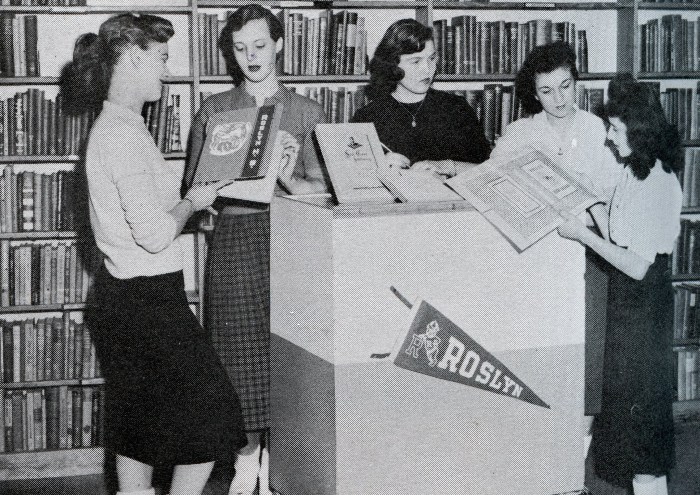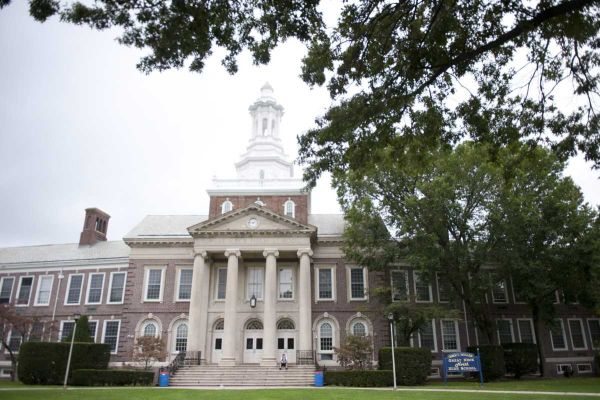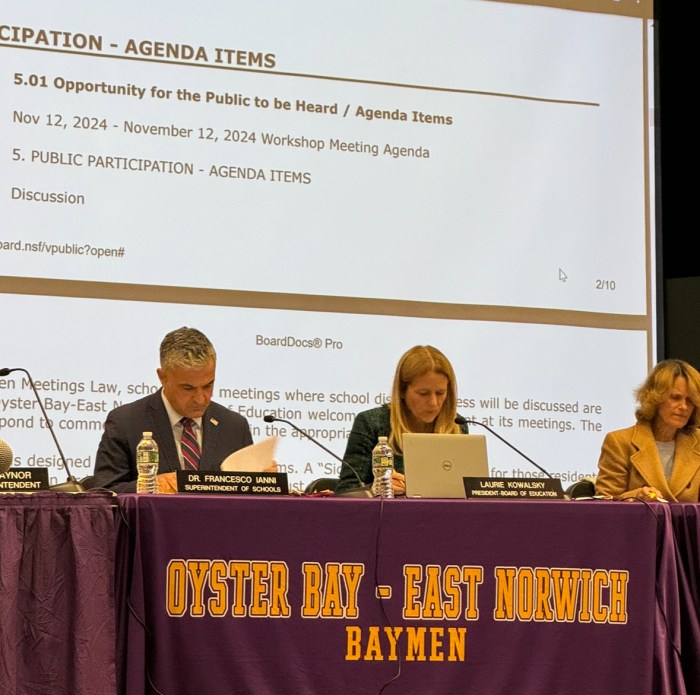 This time of year, many students seek part-time summer work or full-time employment. Now is the time to prepare. Field training experiences (internships) can make the transition from student to employee an easier endeavor.
This time of year, many students seek part-time summer work or full-time employment. Now is the time to prepare. Field training experiences (internships) can make the transition from student to employee an easier endeavor.
For many students, going on a job interview can be a difficult and somewhat daunting experience. It is easier if you know what is expected. A personal job interview is really a learning experience for both the employer and job applicant. A company looks for the best person to fill the position by conducting job interviews with many candidates. Today, many employers use the Internet as a front-line screening process. Be very careful to answer exactly what is being asked of you.
Placement counselors agree that an applicant’s dress and overall appearance directly affects the ultimate outcome of the interview. It is never wise to dress in “ultra-high style.”
Women: A business suit or conservative dress and minimal jewelry and make-up always work.
Men: A blue or gray suit are good colors and should be worn with a coordinating shirt and tie. A man’s hair should be neatly trimmed and his face clean. Most interviewers (especially in business) frown upon beards, long hair and to a lesser degree, mustaches. And of course body (including ear) piercings and/or visible tattoos are still considered a “no-no” by many interviewers for both sexes.
During a job interview, the applicant should let the interviewer set the pace for the meeting and follow his or her cues about where to sit and whether or not to shake hands. Arrive a few minutes early before the arranged time. It is also very important to maintain eye contact.
I advise students who are new at the interview game to be careful of “trick” questions. For example, if the interviewer mentions that he looks forward to his weekend so he can sleep late, should the applicant agree and give the impression that he or she does the same? Certainly not. The fact is that the interviewer may not sleep late, but may be trying to see how the applicant spends his or her free time. Employers prefer self-motivated individuals who enjoy constructive leisure time pursuits such as jogging, swimming, working out or other productive activities. They are not impressed by anything that hints at a lack of ambition, even if it is on your own time.
Another favorite is the “cigarette test.” Here, the interviewer invites you to join him outside for a smoke while you chat. Should you accept the offer? No. The way you hold the cigarette or smoke it may be used against you. Your chance of getting the job may just “go up in smoke.” Never accept an offer to eat, drink or chew gum during an interview either.
Remember to back up what you put on your résumé and job application. For example, if you only worked a few weeks during the summer, what did you do the remainder of the time? Avoid showing long gaps of time between work and school schedules.
It is a good idea to know enough about a company to discuss it intelligently with the interviewer. You may be asked why you want to work for the particular company.
Show interest, ask questions, and be enthusiastic about the prospect of working for the company in question. It’s so easy to have knowledge about the company by using Google. The more you know, the better prepared you will be to speak with authority.
Do not make excuses for what you lack. Concentrate on your positive assets and your ability to do the job (or to learn fast). Don’t be afraid to ask when a decision will be made. It indicates to an interviewer that you value your time and wish to join the organization as soon as possible.
Follow up the interview with a handwritten “thank you” note or telephone call. Use the opportunity to again express your interest in the firm. Texting is not an appropriate method to express your appreciation. In conclusion, consider the interview process a game. You must prove yourself “both on the field” and “off the field” by your record of accomplishments. You can’t always succeed at every tryout, but you can always give it your best effort. Good luck.
Jack K. Mandel is a professor at Nassau Community College.


























